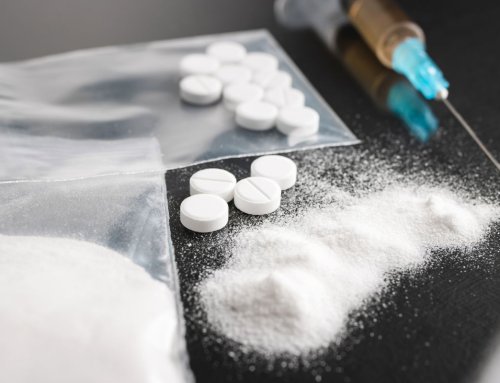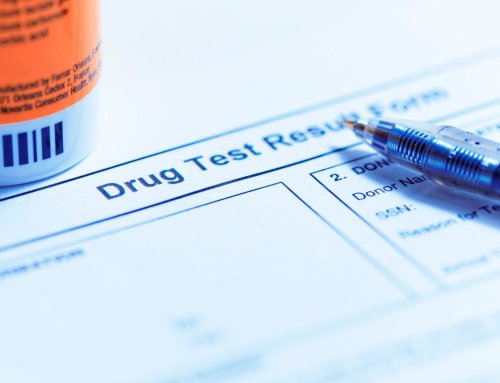Understanding how long alcohol detox takes and what stages are involved can help set realistic expectations and prepare for the journey ahead. Thus, this guide provides an in-depth overview of the alcohol detoxification process, including typical durations, withdrawal symptoms, and the crucial role of medical supervision.
Understanding Alcohol Detoxification
Alcohol detoxification, often simply referred to as alcohol detox, is the process by which the body clears alcohol from its system. As a result, this stage is crucial for those seeking to overcome alcoholism, as it helps manage withdrawal symptoms and prepares the individual for further treatment.
Moreover, detox is not a one-size-fits-all process; it varies based on several factors, including the individual’s overall health, the extent of their alcohol use, and whether they have any co-occurring medical conditions. Typically, detox takes place in a controlled environment where medical professionals can monitor the process and provide necessary support.
Key Factors Influencing the Timeline of Alcohol Detox
Several factors can influence how long alcohol detox takes:
- Frequency and Quantity of Alcohol Consumption: Regular and heavy drinkers often experience more severe withdrawal symptoms and may require a longer detox period.
- Overall Health: Individuals with pre-existing health conditions may face more complications, potentially extending the detox process.
- Age and Gender: Metabolism and body composition can affect how quickly alcohol is processed and eliminated from the body.
- Co-occurring Mental Health Disorders: Mental health conditions such as depression or anxiety can impact the detox timeline and experience.
How Long Does It Take to Detox from Alcohol?
The duration of alcohol detox can vary widely. However, understanding a general timeline can provide a rough estimate of what to expect during the detox process.
Typical Alcohol Detox Timeline
-
Initial Stage (0-24 Hours): During the first 24 hours, alcohol begins to leave the system, and withdrawal symptoms may start to emerge. Symptoms at this stage are often mild and include anxiety, headache, and insomnia. Transitioning into this phase with proper medical support is crucial for managing symptoms effectively.
-
Early Withdrawal Phase (1-3 Days): Withdrawal symptoms typically intensify within the first three days. Common symptoms include tremors, sweating, nausea, and increased heart rate. Therefore, it is essential to have medical supervision during this period to effectively manage these symptoms and prevent complications.
-
Peak Withdrawal Stage (4-7 Days): For most individuals, the peak of withdrawal symptoms occurs between days 4 and 7. This period is often marked by more severe symptoms such as hallucinations, seizures, and confusion. Thus, proper care during this stage is vital for safety and comfort.
-
Post-Acute Withdrawal Phase (2-4 Weeks): Following the initial week, symptoms gradually begin to subside. Some individuals may experience post-acute withdrawal symptoms (PAWS) for several weeks, including mood swings, fatigue, and sleep disturbances. Hence, ongoing support during this phase helps ease the transition to recovery.
Recognizing and Managing Alcohol Withdrawal Symptoms
Understanding and managing alcohol withdrawal symptoms is essential for a successful detox. Symptoms can vary in severity and may include:
Types of Withdrawal Symptoms
- Mild Symptoms: Anxiety, headache, insomnia, and sweating.
- Moderate Symptoms: Nausea, vomiting, tremors, and increased heart rate.
- Severe Symptoms: Delirium tremens (DTs), hallucinations, seizures, and severe confusion.
Strategies for Managing Withdrawal Symptoms
Effective management of withdrawal symptoms is crucial for a successful detox. Key strategies include:
- Medical Supervision: Professional guidance can help manage and alleviate symptoms, reducing the risk of complications. Continuous monitoring is essential for a safe detox process.
- Medications: Certain medications can help reduce withdrawal symptoms and ease the detox process. These should be administered under medical supervision.
- Hydration and Nutrition: Staying hydrated and maintaining proper nutrition supports the body’s recovery and alleviates some symptoms. Consequently, proper dietary intake can aid in the detoxification process.
The Crucial Role of Medical Supervision in Detox
Medical supervision is a critical component of the detox process. In addition, a supervised detox program ensures safety and provides access to medical professionals who can manage withdrawal symptoms and address any complications that arise.
Benefits of Professional Alcohol Detox Supervision
- Safety: Medical professionals can monitor vital signs and address any health concerns promptly, ensuring a safer detox process.
- Support: Emotional and psychological support can help individuals cope with the stress of withdrawal. Therefore, support systems are crucial for maintaining motivation and mental well-being.
- Medication Management: Medications can be administered to ease symptoms and reduce discomfort. Proper management of medications is key to a smooth detox experience.
Choosing the Right Alcohol Detox Program
Selecting the right detox program is essential for a successful detox experience. Consider the following factors:
- Level of Care: Options range from outpatient to inpatient detox programs, depending on the severity of addiction and individual needs. Thus, the level of care needed should match the individual’s detox requirements.
- Medical Expertise: Ensure the program has experienced medical staff to provide appropriate care. Moreover, qualified professionals are essential for effective detox management.
- Support Services: Look for programs that offer additional support services such as counseling and therapy. In addition, comprehensive care enhances the detox experience and supports long-term recovery.
The Road to Recovery After Detoxing from Alcohol
Completing detox is just the beginning of the recovery journey. Afterward, individuals should focus on long-term recovery strategies to maintain sobriety and improve overall well-being.
Post-Detox Recovery Strategies
- Therapy and Counseling: Engaging in therapy can help address the underlying issues of addiction and develop coping strategies. Therapy is crucial for long-term recovery and personal growth.
- Support Groups: Joining support groups such as Alcoholics Anonymous (AA) can provide ongoing support and encouragement. Support groups offer a sense of community and shared experiences.
- Lifestyle Changes: Adopting healthy lifestyle changes, including exercise, balanced nutrition, and stress management, can support long-term recovery. Positive lifestyle changes contribute to sustained sobriety.
Conclusion
Understanding how long alcohol detox takes and the key stages involved is essential for anyone considering this crucial step in recovery. While the detox process varies for each individual, with proper medical supervision and support, it can be managed effectively. Therefore, if you or a loved one are considering detox, exploring options and seeking professional guidance can set the stage for a successful journey toward sobriety.









